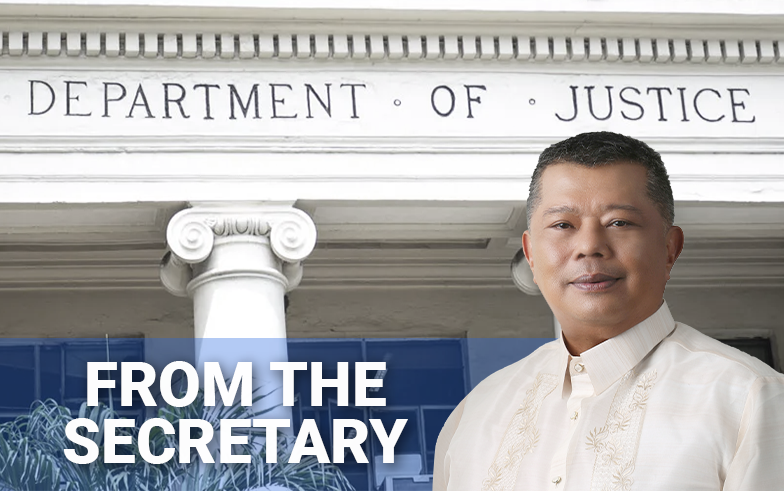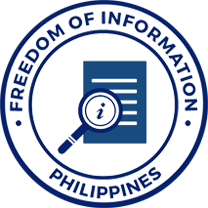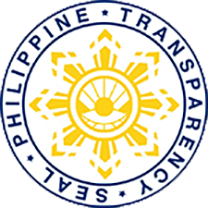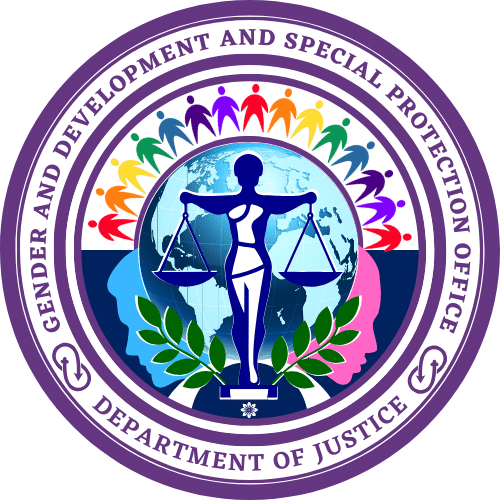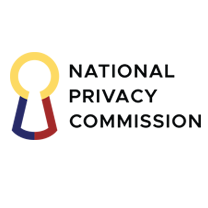Philippine Central Authority
Created pursuant to Republic Act No. 2705, the Office of the Chief State Counsel (Legal Staff) of the Department of Justice is mandated primarily to assist the Secretary in the performance of his duties as the Attorney General of the Republic of the Philippines and as ex-officio legal officer of government-owned or -controlled corporations or enterprises and their subsidiaries.
Among the functions of the Department of Justice is to act as the country’s Central Authority in connection with requests for extradition or formal requests for legal assistance and to represent in courts the foreign state or government with which the Republic of the Philippines has a treaty on extradition or mutual legal assistance in criminal matters.
In general, the Office of the Chief State Counsel assists the Secretary and handles all requests on:
- Mutual Legal Assistance;
- Extradition; and
- Transfer of Sentenced Persons
Mutual Legal Assistance in Criminal Matters
The Department of Justice is the Central Authority for mutual legal assistance in criminal matters. The Office of the Chief State Counsel of the Department of Justice handles and processes formal requests for assistance to and from the Philippines.
Types of Assistance
The types of mutual legal assistance which the Philippines may provide in respect of criminal matters include:
- taking the testimony or statement of persons
- providing documents, records and items of evidence
- locating or identifying witnesses or suspects
- effecting serving documents
- making arrangements for persons to give evidence or assist in investigation
- identifying, tracing, restraining, forfeiting and confiscating proceeds and instrumentalities of criminal activities, including restraining of dealings in property or the freezing of assets alleged to be related to a criminal matter
- executing requests for searches and seizures
Treaties on Mutual Legal Assistance in Criminal Matters
Countries with which the Philippines has an existing Mutual Legal Assistance Treaty (MLAT) in Criminal Matters may be extended assistance in accordance with the terms of the relevant MLAT. The Philippines has MLATs with the following countries:
- Australia
- China
- Hong Kong Special Administrative Region
- Korea
- Russia
- Spain
- Switzerland
- UK
- US
The Philippines is a Party to the following multilateral treaties:
- ASEAN Treaty on Mutual Legal Assistance in Criminal Matters
- ASEAN Convention on Counter Terrorism
- UN Convention Against Corruption
- UN Convention Against Transnational Organized Crime and its Protocols
- UN Convention Against Illicit Traffic in Narcotics Drugs and Psychotropic Substances
- International Convention for the Suppression of the Financing of Terrorism
Countries which do not have an MLAT with the Philippines may seek assistance if there is an undertaking of reciprocity. This undertaking of reciprocity should provide that the requesting Party will comply with a future request by the Philippines for similar assistance in a criminal matter involving an offense that corresponds to the foreign offense for which assistance is sought.
Countries that have signed and ratified the Treaty on Mutual Legal Assistance in Criminal Matters among Like-minded ASEAN Member Countries may use the form provided on the website of the Secretariat for this Treaty.
Transmission of Requests
Completed requests may be sent by the Central Authority of the requesting Party to the following address:
The Secretary of Justice
Attention: Office of the Chief State Counsel
Department of Justice
Padre Faura St., Ermita, Manila 1000
PHILIPPINES
In cases of urgent requests, a copy of the request may also be sent by fax to +63-2-5252218 or emailed to [email protected]. However, the original copy of the request is still required to be submitted.
Countries with which the Philippines has an MLAT should also comply with any relevant provisions of the MLAT with regard to the transmission of requests.
Queries in relation to mutual legal assistance
Queries in relation to mutual legal assistance may be sent to the correspondence address and fax number above, or sent by email to [email protected].
Extradition
The Department of Justice is the Central Authority on extradition matters. The Office of the Chief State Counsel of the Department of Justice handles and processes all requests for extradition in accordance with the provisions of the Philippine Extradition Law and the applicable extradition treaty.
Presidential Decree No. 1069 is the Philippine Law on Extradition. The provisions of the Rules of Court, insofar as practicable and not inconsistent with the summary nature of proceedings, apply to extradition cases.
Requests for Extradition
The Philippines may only grant extradition pursuant to a treaty or convention. Countries which have extradition treaty with the Philippines are:
- Australia
- Canada
- China
- Hong Kong Special Administrative Region
- India
- Indonesia
- Korea
- Micronesia
- Russia
- Spain
- Switzerland
- Thailand
- UK
- US
Transmission of requests
The Philippine Extradition Law requires that the request for extradition be made by the Foreign Diplomat of the requesting Party, addressed to the Secretary of Foreign Affairs. Requests for extradition may be sent to the following address:
The Secretary of Foreign Affairs
Department of Foreign Affairs
Roxas Boulevard, Pasay City 1300
PHILIPPINES
Countries with which the Philippines has an Extradition Treaty should comply with any relevant provision with regard to the transmission of requests.
Queries in relation to extradition
Queries regarding extradition requests may be sent to the correspondence address and fax number above, or by email to [email protected].
